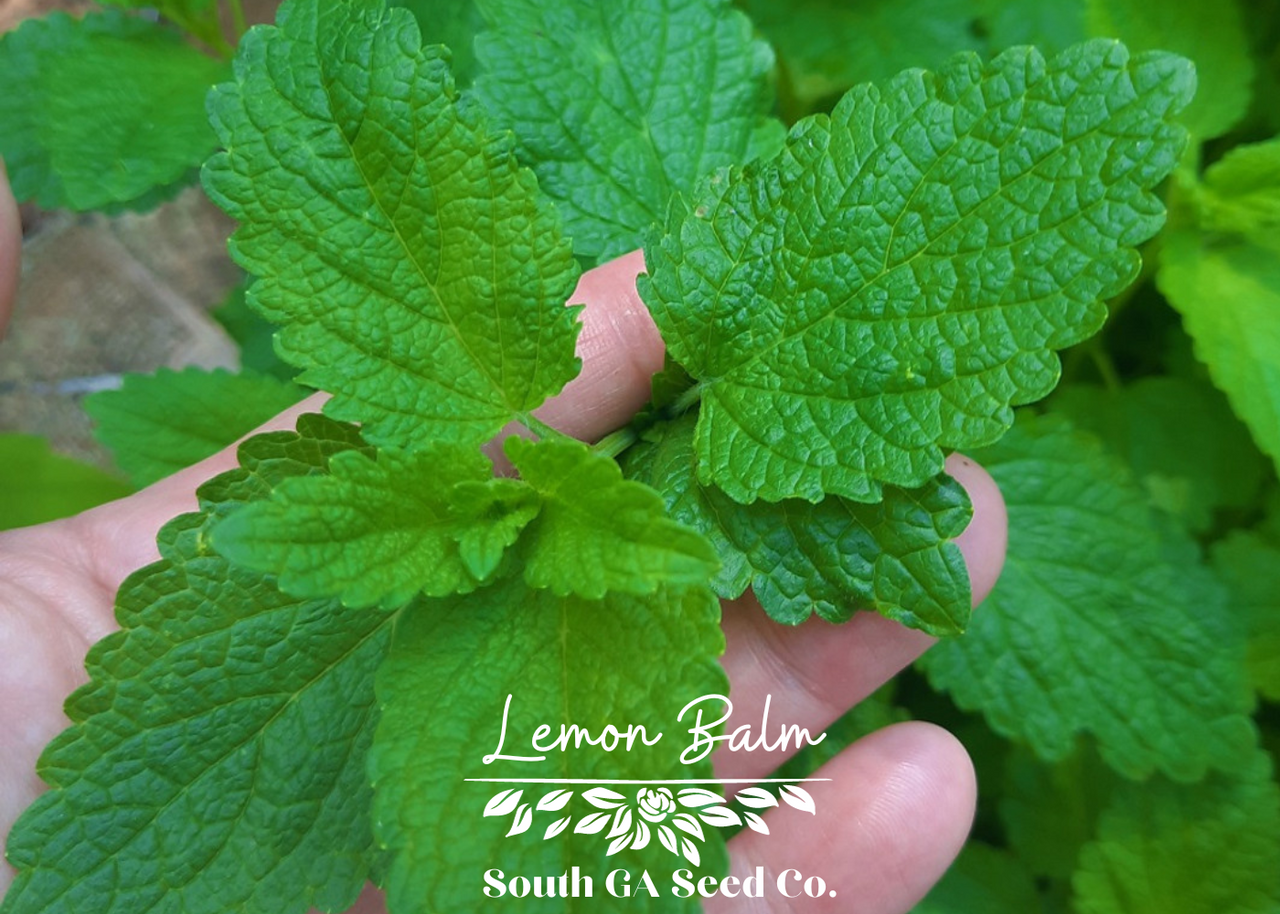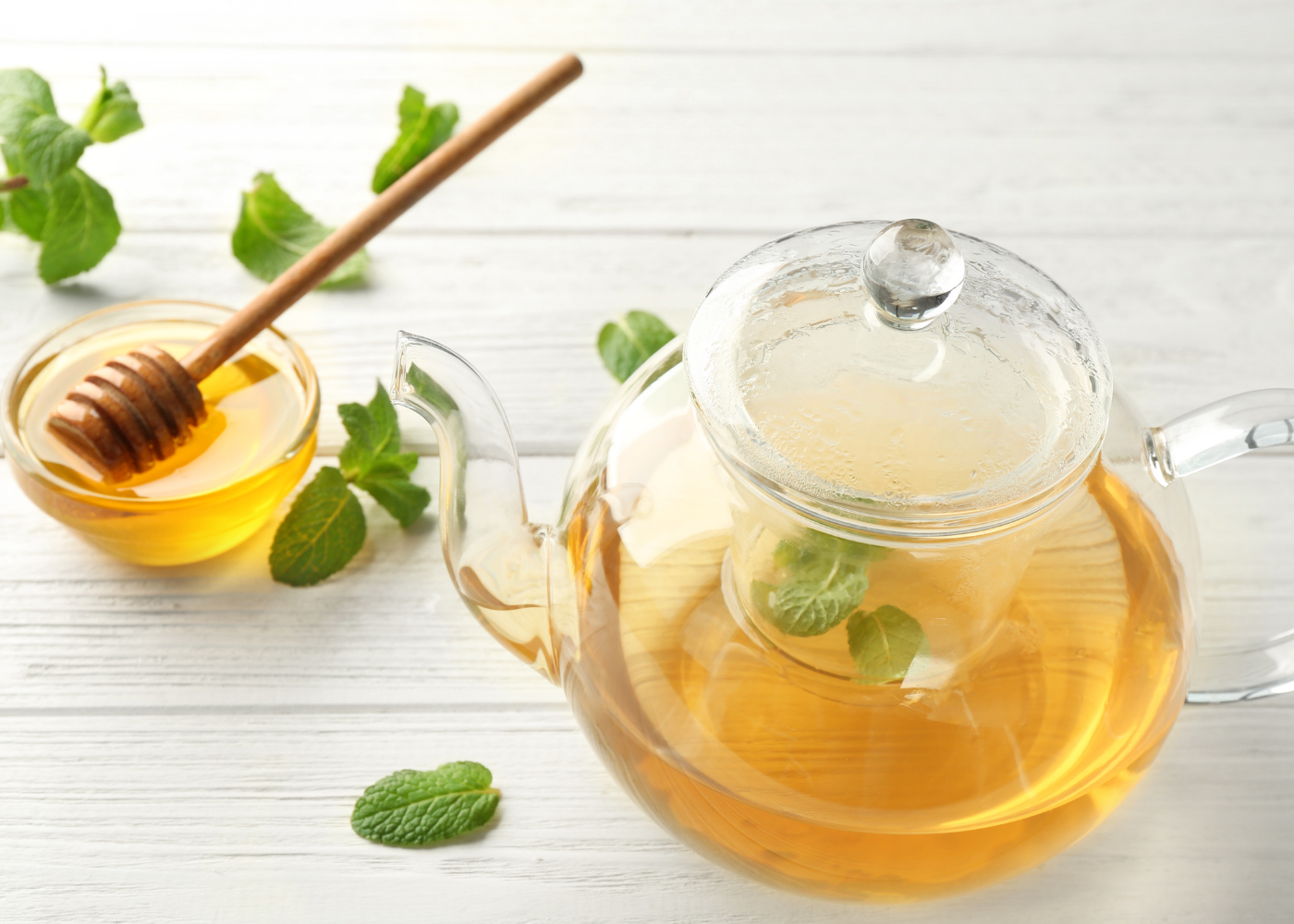Posted by Jennifer Dixon on 17th Nov 2023
Lemon Balm: It's benefits, how to grow and make Lemon Balm Tea

Lemon balm, also known as Melissa officinalis, is a herb that belongs to the mint family. It is native to Europe, West Asia and North Africa. Lemon balm has been used for centuries for its medicinal properties. In this article, we will discuss some of the benefits of lemon balm, how to grow it, and how to make lemon balm tea.
Benefits of Lemon Balm:
Lemon balm has been traditionally used to treat anxiety, insomnia, depression, and other nervous system disorders. It has also been used to treat digestive issues such as bloating, gas, and nausea. Additionally, lemon balm has antiviral and antibacterial properties, which makes it useful in treating cold sores and other viral infections.
How to Grow Lemon Balm:
Lemon balm is a perennial herb that grows best in full sun or partial shade. It prefers well-drained soil with a pH between 6.0 and 7.5. Lemon balm can be grown from seeds or cuttings. If growing from seeds, sow them in early spring or fall. If growing from cuttings, take a stem cutting in the spring or summer and root it in water or soil.

How to Make Lemon Balm Tea:
To make lemon balm tea, steep 1-2 teaspoons of dried lemon balm leaves in hot water for 5-10 minutes. You can also use fresh lemon balm leaves. Lemon balm tea has a subtle lemon flavor and is naturally caffeine-free. It can be enjoyed hot or cold and can be sweetened with honey or other natural sweeteners.
In conclusion, lemon balm has many benefits and can easily be grown in your own backyard. Whether you want to use it for its medicinal properties or to make a refreshing cup of tea, lemon balm is a versatile herb that is worth adding to your herb garden.
Click Here to Buy Lemon Balm Seeds
